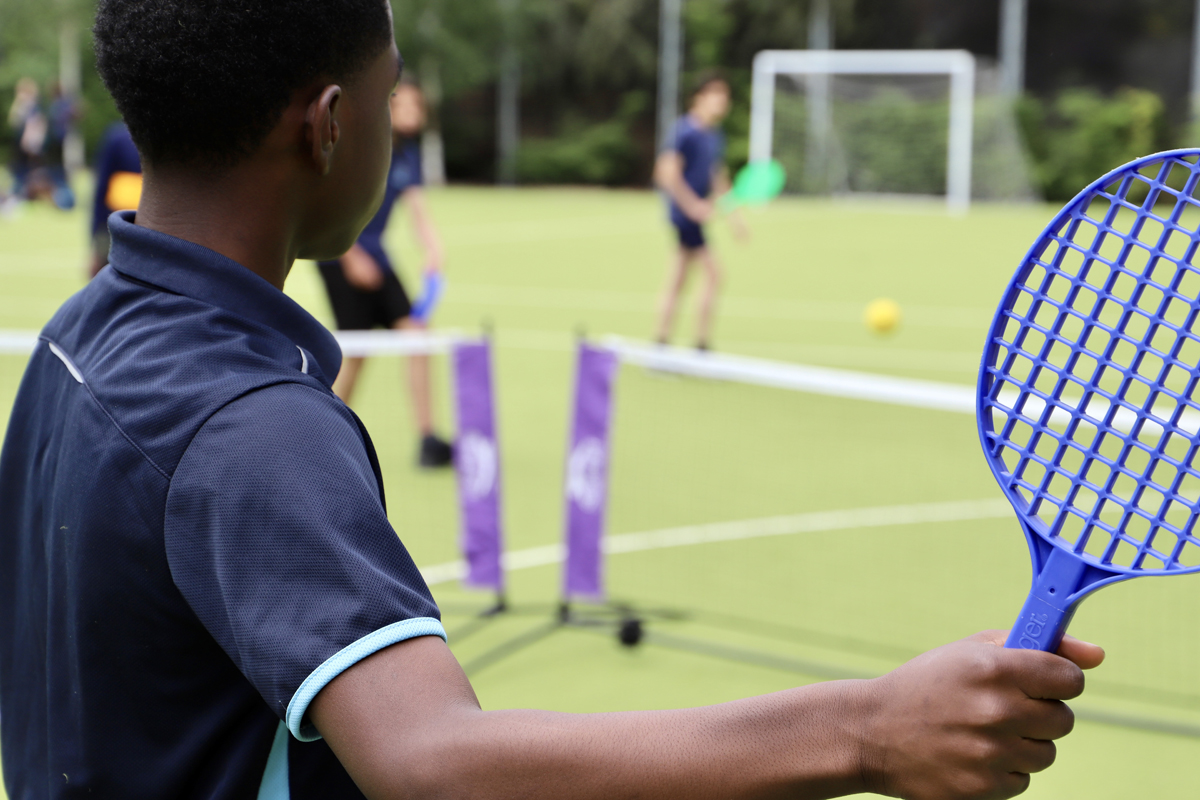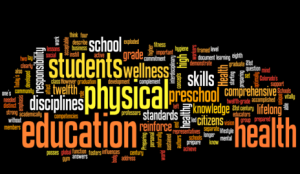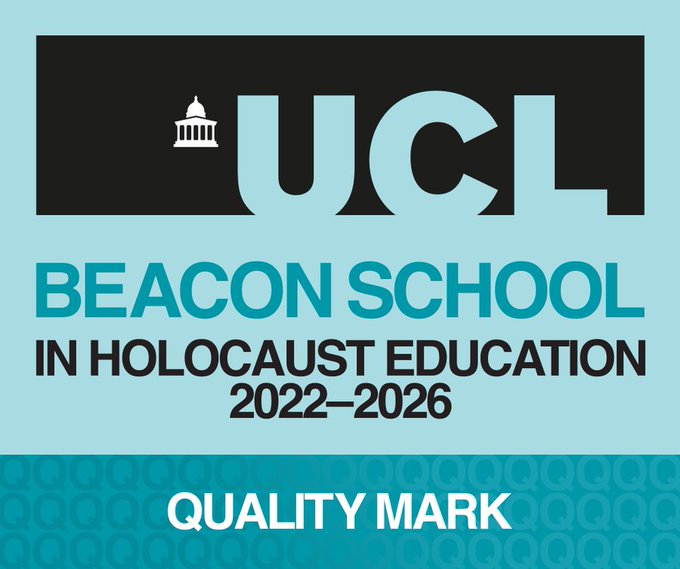Physical Education (PE)
Physical Education at St Michaels Catholic College provides pupils with a broad, balanced and differentiated curriculum. Teachers ensure that pupils have a range of avenues to access work so that they can attain and achieve to a high standard. Whether it’s developing skills in physical activity, making and applying decisions, developing physical and mental capacity, evaluating & improving, or making informed choices about healthy, active lifestyles, all pupils are provided with fundamental skills for life, and future PE related study.
Ultimately, at Key Stage 3 (KS3 [Years 7-9]), the PE department follows the PE national curriculum six areas of activity (games, gymnastic activities, dance, swimming, outdoor and adventurous activities, athletic activities). At KS4 (Years 10-11), the curriculum varies depending on whether pupils are pursuing GCSE PE of Core PE. At KS5 (Years 12-13), BTEC Level 3 extended diploma in Sport (Development, Coaching and Fitness) is offered.
Parallel to the statutory curriculum, the PE department has an extensive extra-curricular timetable that helps pupils to realize the governments P.E & Sport Strategy for Young People (PESSYP). This strategy is to increase the percentage of 5 to 16 year old school children in England who spend a minimum of five hours each week on high quality PE and School Sport within and beyond the curriculum.
We at St Michael’s go above and beyond this aspiration by our extensive PE extra-curricular timetable, but also by the links we have with local sporting organizations to develop pupils even further (details of all the above are below).
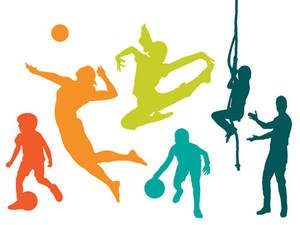
Key Stage 4 GCSE PE Programme of Study
http://qualifications.pearson.com/en/qualifications/edexcel-gcses/physical-education-2016.html
GCSE PE is ideal preparation for further sports related qualifications, such as; A Level Physical Education and BTEC Sport and Exercise Sciences. The course develops the transferable skills and key skills that employers are looking for and can lead to a wide variety of employment opportunities. This can include further training in areas such as recreational management, leisure activities, teaching, coaching, officiating, the fitness industry, sports psychology, biomechanics, the armed forces, sports product design, and the Civil Service.
Edexcel GCSE in Physical Education
- There is an increased emphasis on the theoretical content now compared to previous years which is worth 60% of the qualification assessed through examination.
- The requirements for carrying out and assessing non-examined assessment (practicals and coursework) are below.
- Non-examined assessment is worth 40% of the qualification. This comprises the practical performance and performance analysis, both of which will be internally assessed and externally moderated.
- Practicals are 30% of the qualification and must be three activities – one team activity, one individual activity and a free choice.
- Students will be assessed in the role of player/performer only from the DfE’s prescribed list of activities.
Performance analysis is worth 10% of the qualification.
For further information, please click on the link: http://qualifications.pearson.com/en/qualifications/edexcel-gcses/physical-education-2016.html
Theory Topics Covered
Unit 1
1.1.2: Influences on your healthy, active lifestyles.
1.1.3: Exercise and fitness as part of your healthy, active lifestyle.
1.1.4: Physical activity as part of your healthy, active lifestyle.
1.1.5: Your personal health and wellbeing.
1.2.1: Physical activity and your healthy mind and body.
1.2.2: A healthy, active lifestyle and your cardiovascular system.
1.2.3: A healthy, active lifestyle and your respiratory system.
1.2.4: A healthy, active lifestyle and your muscular system.
1.2.5: A healthy, active lifestyle and your skeletal system.
Unit 2
2.1 Practical Performance
2.2 Analysis of Performance
Practical Areas of Activity Covered:
Badminton
Basketball
Football
Health and Fitness
Rock Climbing
Rounders
Softball
Table Tennis
Trampoline
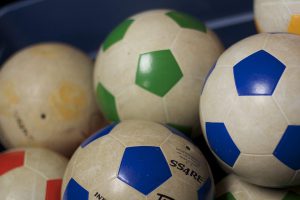
Key Stage 5 Programme of Study
http://qualifications.pearson.com/en/qualifications/btec-nationals/sport-2010.html
A CTEC Level 3 Diploma and Extended Diploma in Sport is a practical work-related course. Students will learn by completing projects and assignments that are based on realistic workplace situations, activities and demands. The course will introduce students to their chosen career and provides a good basis to progress onto a more advanced qualification. The course is 100% coursework assessed. Finally, for most of the units their will be a work related link (WRL’s) trip or course that students are involved with to further their knowledge and understanding, but also increase their sport related qualifications for when they start full-time employment.
Below are the units that are covered:
Unit 1 Principles of Anatomy and Physiology
Unit 2 The Physiology of Fitness
Unit 3 Assessing Risk in Sport
Unit 4 Fitness Training and Programming
Unit 5 Sports Coaching
Unit 6 Sports Development
Unit 7 Fitness Testing for Sports and Exercise
Unit 8 Practical Team Sports
Unit 9 Practical Individual Sports
Unit 11 Sports Nutrition
Unit 12 Current Issues in Sport
Unit 14 Exercise, Health and Lifestyle
Unit 17 Psychology for Sports Performance
Unit 18 Sports Injuries
Unit 19 Analysis of Sports Performance
Unit 21 Sport and Exercise Massage
Unit 22 Rules, Regulations and Officiating in Sport
Unit 23 Organising Sports Events
Unit 26 Work experience in Sport
Our aim is to ensure our pupils enjoy studying PE at St Michael’s and achieve their potential at all key stages.







